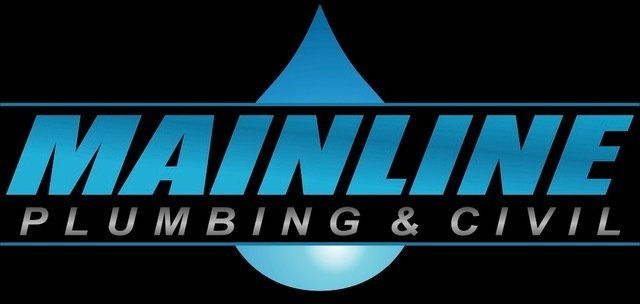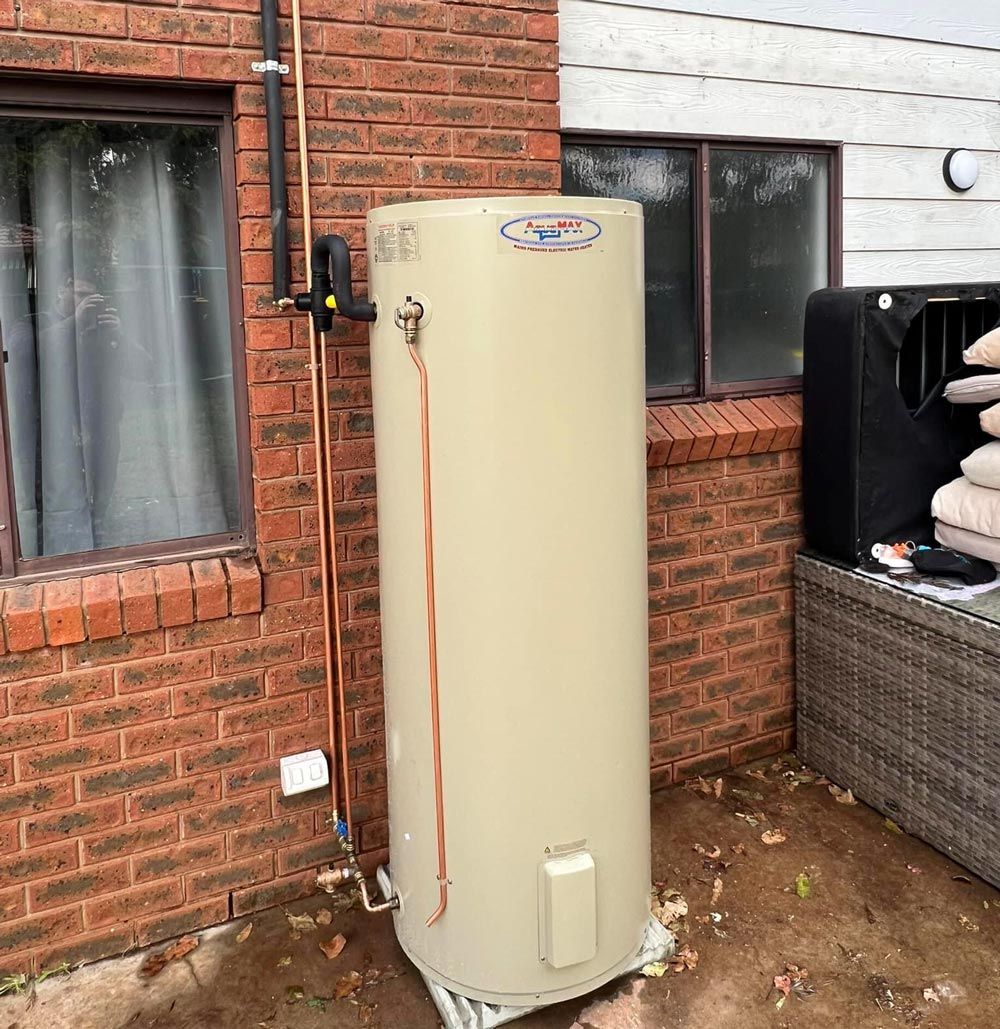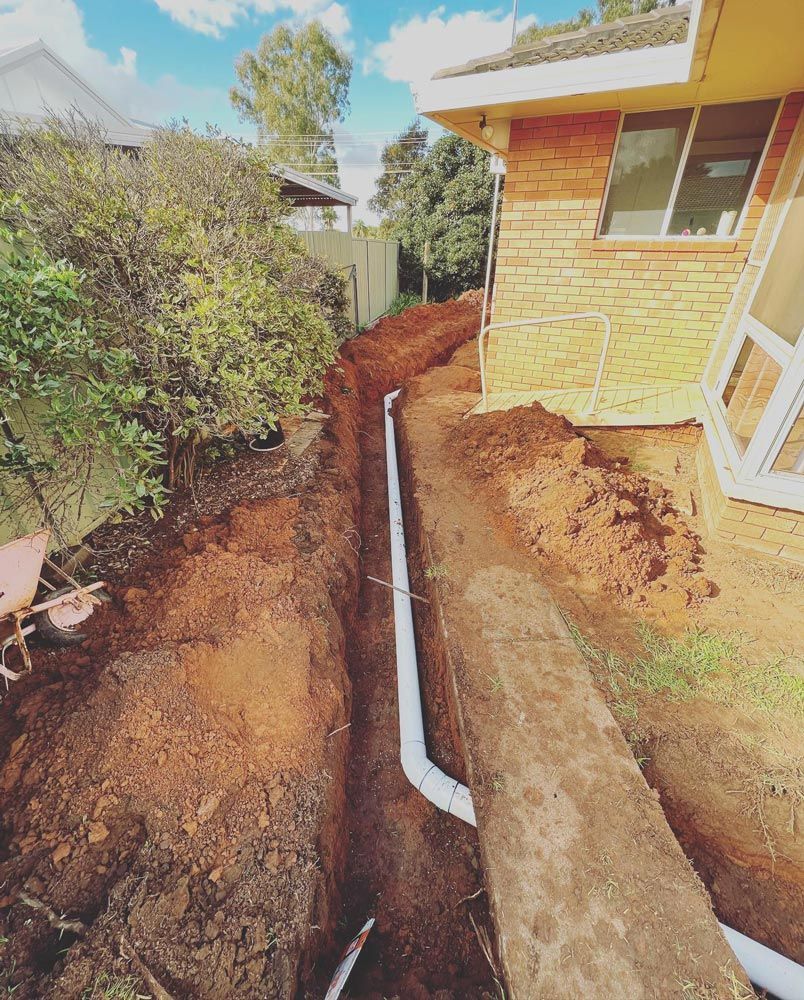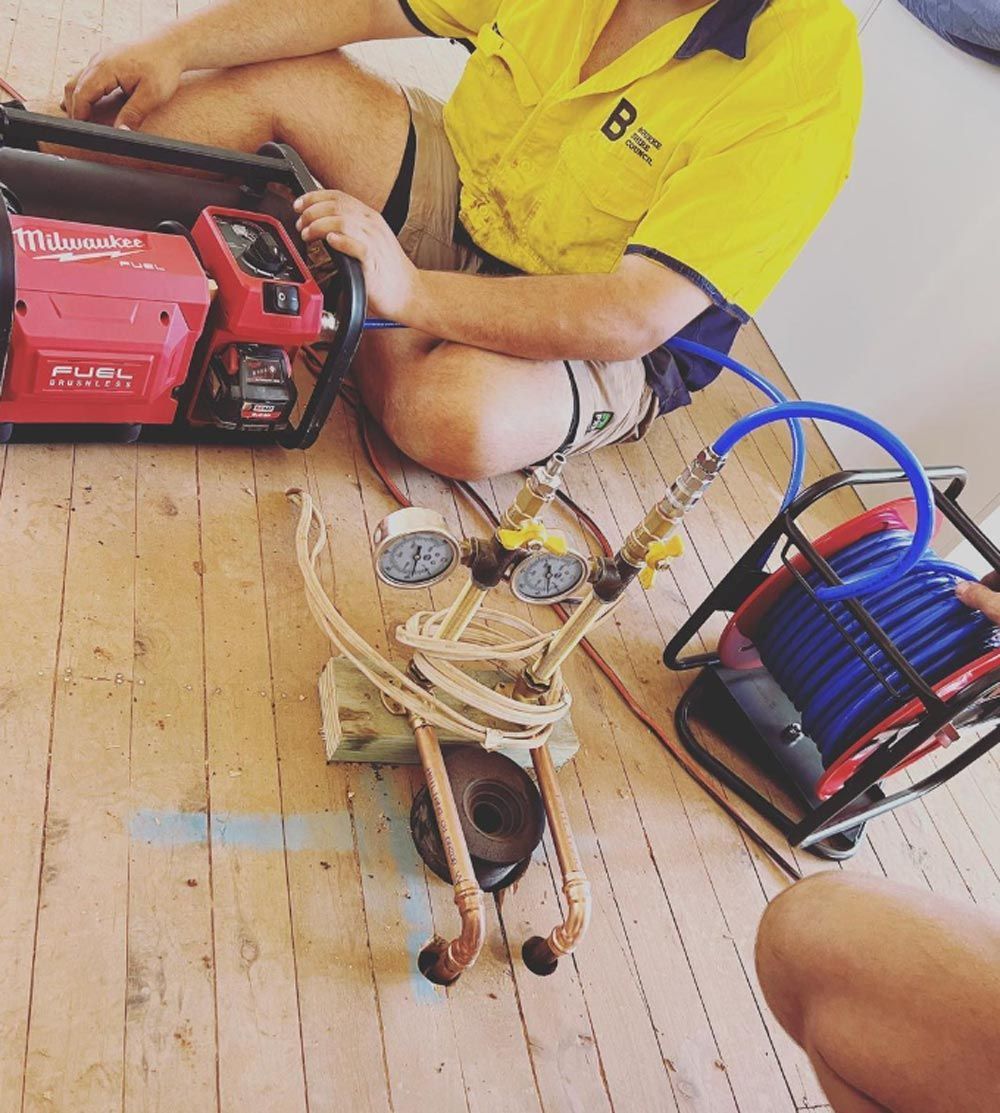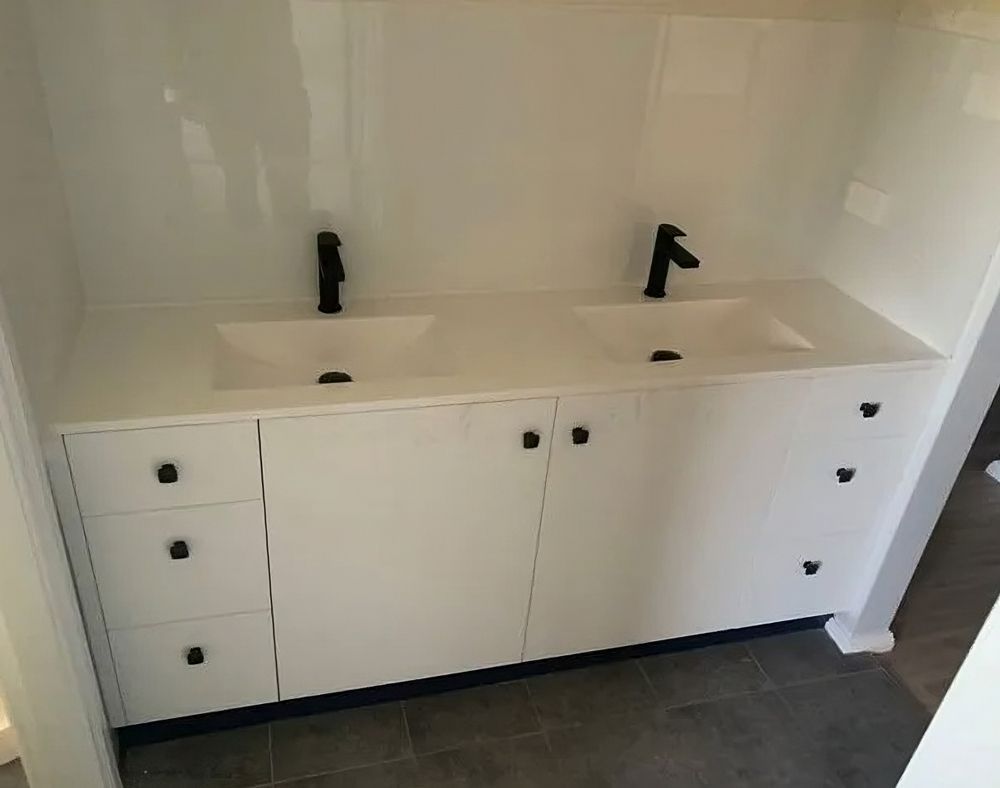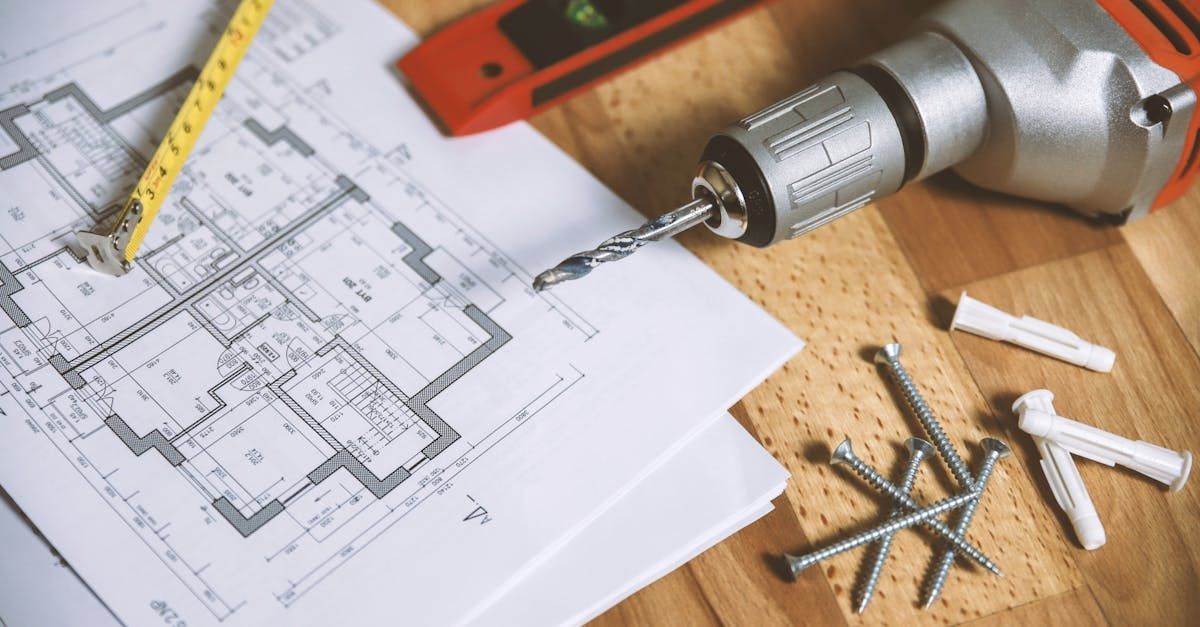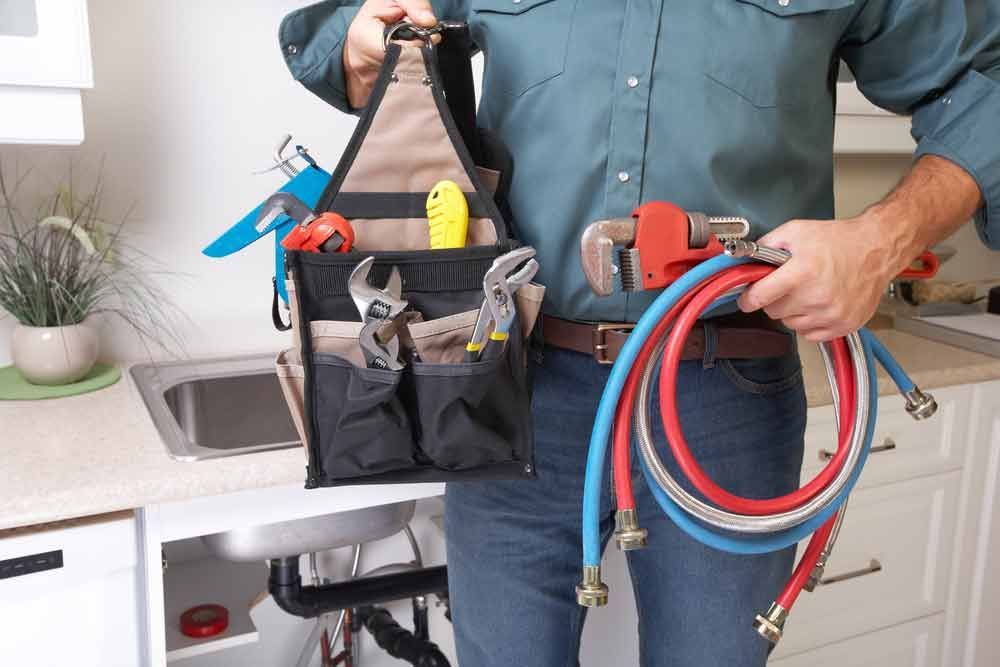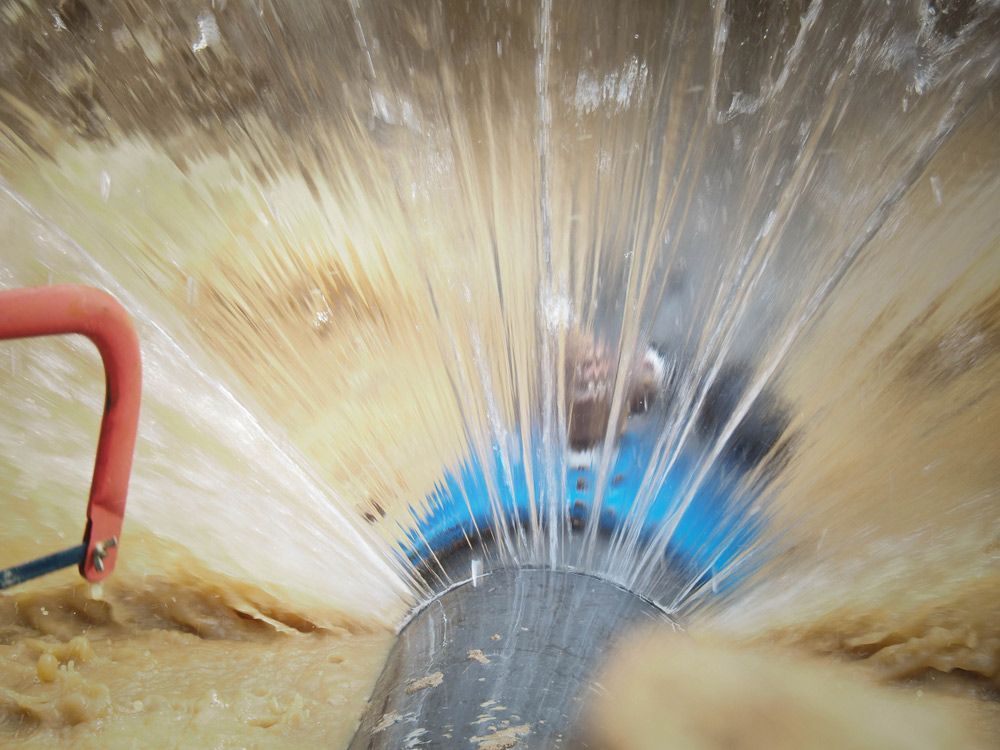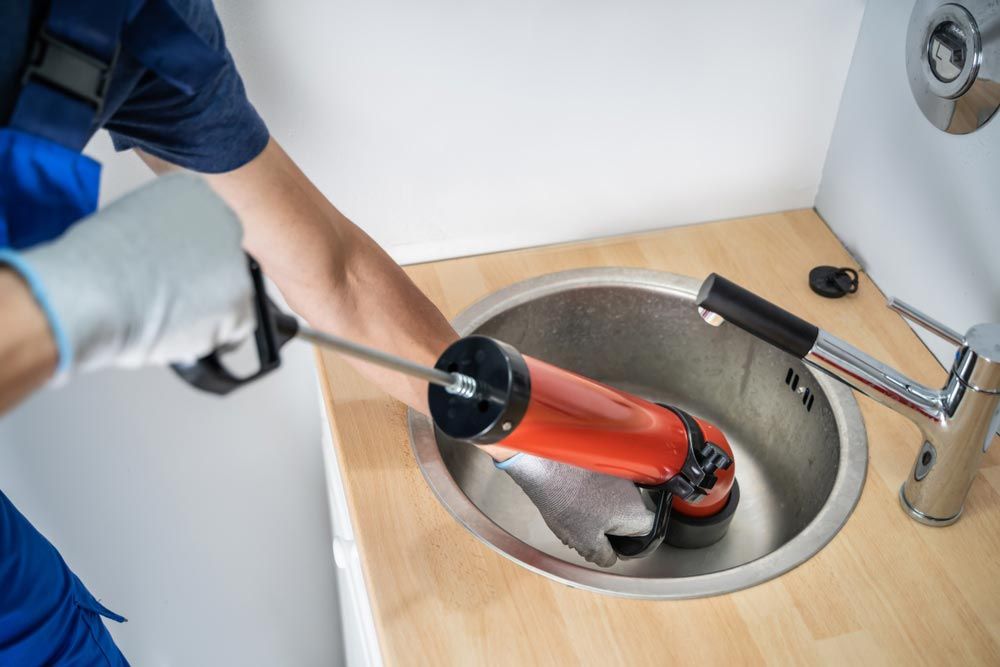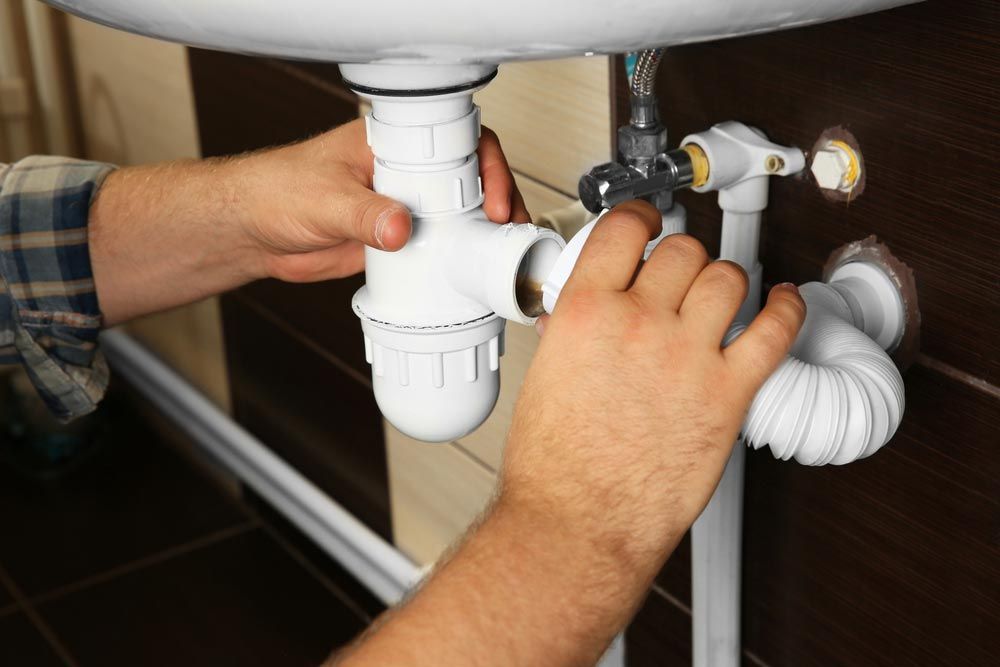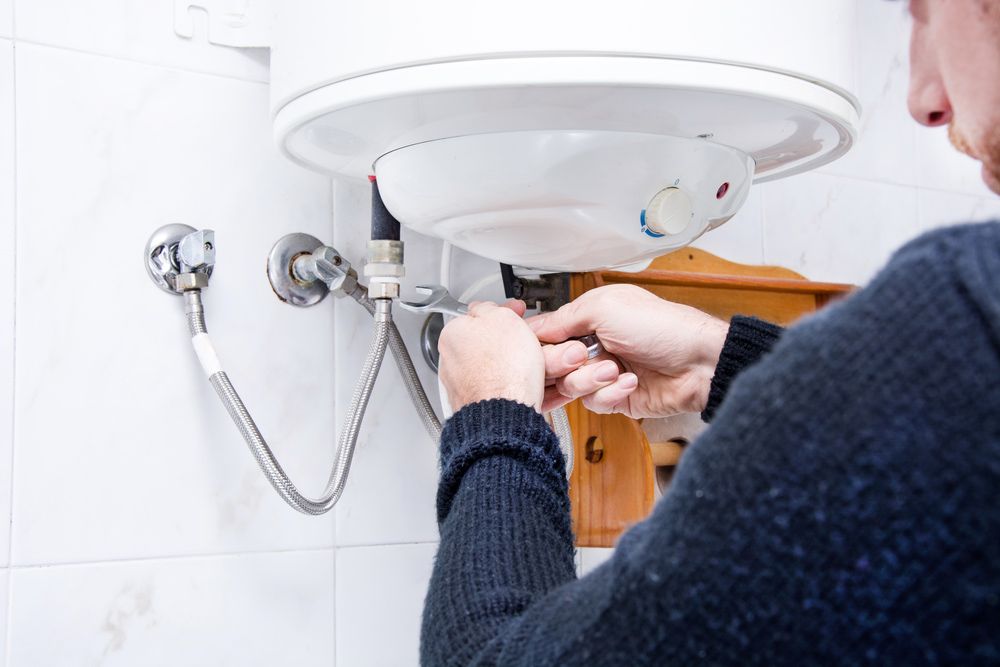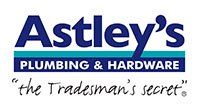Choosing The Right Energy-efficient Hot Water System
When it comes to upgrading or installing a new hot water system, choosing an energy-efficient option can save you money in the long run while reducing your carbon footprint. If you’re considering energy-efficient hot water systems in Dubbo, this guide will walk you through the factors to consider and the types available to help you make the right decision for your home.
What Types Of Energy-efficient Hot Water Systems Are Available?
There are several energy-efficient hot water systems available, each suited to different household needs and climates. Here are the main types:
Solar Hot Water Systems
- How it works: Uses solar panels to capture energy from the sun, heating water stored in an insulated tank.
- Benefits: Significantly reduces energy bills and is environmentally friendly. Some systems come with electric or gas boosters for cloudy days.
- Ideal for: Homes in sunny climates with space for solar panels.
Gas Hot Water Systems
- How it works: Heats water using natural gas. Available as instant or storage systems.
- Benefits: Provides consistent hot water and is more cost-effective than electric systems.
- Ideal for: Households with access to natural gas.
Electric Hot Water Systems
- How it works: Uses electricity to heat water stored in a tank.
- Benefits: Easy to install and widely available.
- Ideal for: Homes where other energy sources are unavailable, though less energy-efficient unless paired with solar power.
How To Choose The Right Hot Water System
Selecting the most suitable energy-efficient hot water system for your home depends on several key factors:
Household Size
- Larger households require systems with higher capacity to meet demand without running out of hot water.
- Example: A family of four may benefit from a solar system with a larger storage tank or an instant gas system.
Energy Consumption
- Consider how much energy the system consumes and its impact on your bills. Solar systems are typically more energy-efficient over time.
- Look for systems with high energy ratings or certifications.
Climate
- Solar systems perform best in sunny regions.
- Consult with local Dubbo plumbers to determine the most suitable option for your area.
Cost
- Upfront Costs: Solar systems may have a higher initial cost but save money in the long run.
- Operating Costs: Gas systems generally have lower running costs than electric systems.
Installation Space
- Ensure you have adequate space for the system you choose. For instance, solar panels require roof space.
Environmental Impact
- If sustainability is a priority, solar systems offer an eco-friendly choice.
Practical Advice For Choosing Your Hot Water System
For peace of mind and maximum efficiency, always consult professionals before making a decision. Here are some tips to consider:
- Assess Your Current System: Consider what is already installed and whether it meets your needs. Upgrading to an energy-efficient model could provide long-term savings.
- Consult Professionals: Working with professionals ensures you select a system that fits your household requirements and complies with local regulations. Dubbo plumbers can help evaluate your options and handle the installation.
- Compare Products: Look for systems with government rebates or incentives for energy efficiency to offset upfront costs.
- Plan for Maintenance: Factor in the cost and frequency of maintenance when choosing a system. Some systems, like solar, may require occasional servicing to maintain efficiency.
Need Professional Assistance?
Choosing the right energy-efficient hot water system is an investment in both comfort and sustainability. Whether you opt for solar, gas, or electric systems, understanding your household’s needs and consulting professionals can help you make the best choice. If you’re in Dubbo and searching for reliable advice on hot water systems, don’t hesitate to reach out to us at Mainline Plumbing & Civil for guidance and installation.
